Cold Lands (2018)
Have we seen it all?
Genre : Documentary
Runtime : 1H 6M
Director : Iratxe Fresneda
Writer : Iratxe Fresneda
Synopsis
'Cold Lands' makes a personal journey through the images and cinema, guided by filmmakers and artist like, Theo Angelopoulos, Bego Vicario, Wim Wenders or Rut Hillarp among others. In this non-fictional road-movie their vision of what cinema is, of what is hidden behind the images, intersects with the world of beekeeping, architecture and the human landscape.

Humankind has always dreamt of the night sky. Of the infinite freedom offered by the black void, and of the strong, shining beacon inviting us to ascend. This is a story, a history of the events that led up to our conquest of space, and the consequences throughout wider humanity. The film is a collage. Of genres, documentary and comedy. Of media, drawing from painting and film. Of films, cannibalising all film history. Of truth, both objective and subjective. Watch the small steps and let your mind take a giant leap.
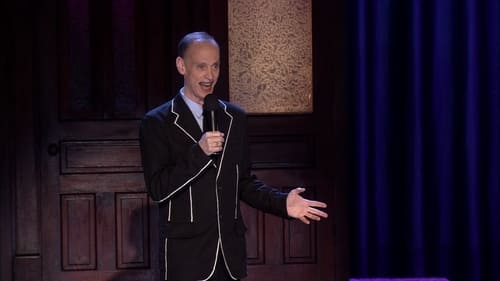
In this filmed version of cult film director John Waters' popular one-man show, the Pink Flamingos and A Dirty Shame director takes the stage to discuss everything from his early influences, fondest career memories, and notorious struggles against the MPAA rating system. Part endearing memoir and part hilarious lecture, This Filthy World touches on everything from the insanity of contemporary pop culture to the director's unforgettable early collaborations with inimitable Pink Flamingos star Divine.
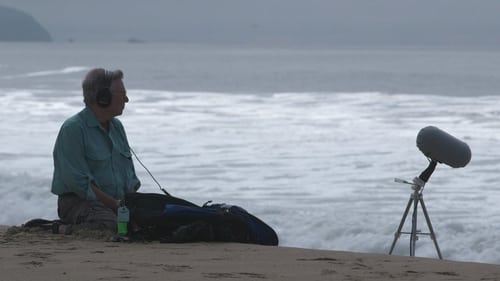
An exploration of the history, artistry and emotional power of cinema sound, as revealed by legendary sound designers and visionary directors, via interviews, clips from movies, and a look at their actual process of creation and discovery.
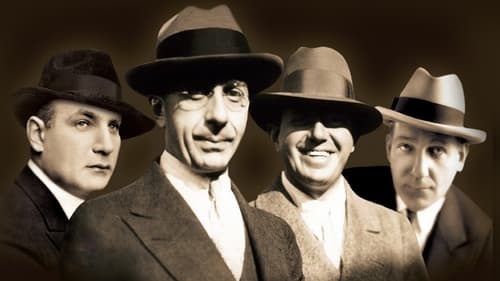
An intimate portrait and saga of four film pioneers--Harry, Albert, Sam and Jack who rose from immigrant poverty through personal tragedies persevering to create a major studio with a social conscience.
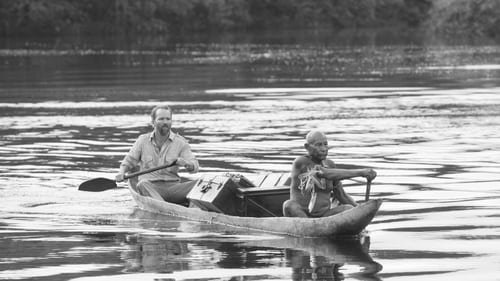
The epic story of the first contact, encounter, approach, betrayal and, eventually, life-transcending friendship, between Karamakate, an Amazonian shaman, last survivor of his people, and two scientists that, over the course of 40 years, travel through the Amazon in search of a sacred plant that can heal them. Inspired by the journals of the first explorers of the Colombian Amazon, Theodor Koch-Grunberg and Richard Evans Schultes.
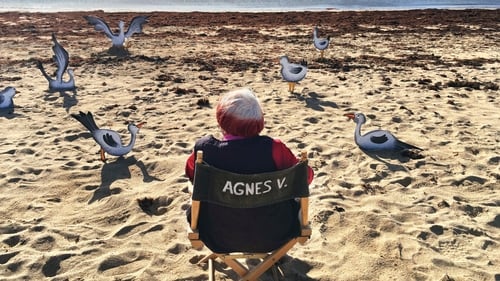
An unpredictable documentary from a fascinating storyteller, Agnès Varda’s last film sheds light on her experience as a director, bringing a personal insight to what she calls “cine-writing,” traveling from Rue Daguerre in Paris to Los Angeles and Beijing.

Jack L. Warner, Harry Warner, Albert Warner and Sam Warner were siblings who were born in Poland and emigrated to Canada near the turn of the century. In 1903, the brothers entered the budding motion picture business. In time, the Warner Brothers moved into film production and would open their own studio in 1923.
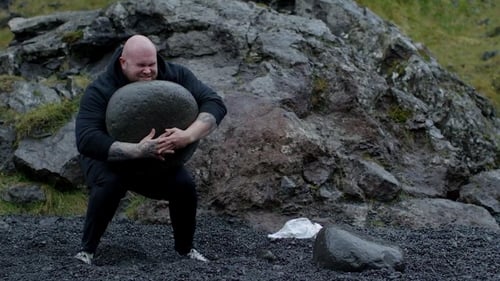
FULLSTERKUR is the third documentary in a collection of films produced by Rogue Fitness, exploring strength culture around the world, connected specifically by the ancient tradition of stone lifting. Nestled at the doorstep of the Arctic Circle, the country of Iceland is uniquely acquainted with the relationship between strength and survival. For hundreds of years, men and women were challenged to overcome harsh weather and endless winter nights by developing their own distinct physical and mental fortitude—passed down from the age of the Vikings, and iconically represented by the lifting of heavy stones. Today, on an island with a population of just over 300,000, a disproportionate number of the world’s greatest strength athletes still call Iceland home.

When a tragedy strikes the worlds most unique skate park, a dogged group of old school skaters, BMXers and street artists team up to fight for its survival.
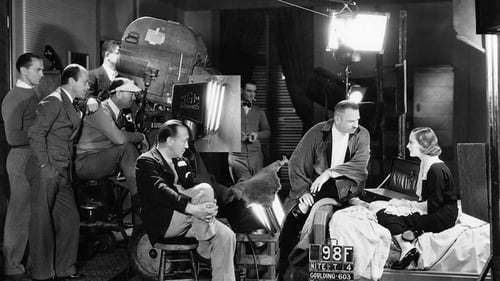
Cameramen and women discuss the craft and art of cinematography and of the "DP" (the director of photography), illustrating their points with clips from 100 films, from Birth of a Nation to Do the Right Thing. Themes: the DP tells people where to look; changes in movies (the arrival of sound, color, and wide screens) required creative responses from DPs; and, these artisans constantly invent new equipment and try new things, with wonderful results. The narration takes us through the identifiable studio styles of the 30s, the emergence of noir, the New York look, and the impact of Europeans. Citizen Kane, The Conformist, and Gordon Willis get special attention.
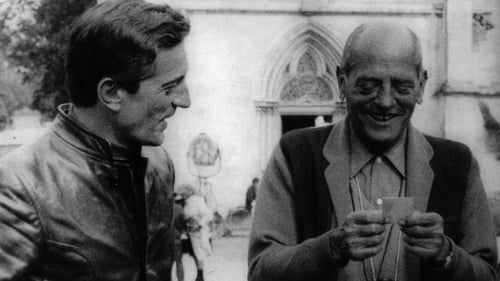
Surrealist master Luis Buñuel is a towering figure in the world of cinema history, directing such groundbreaking works as Un Chien Andalou, Exterminating Angels, and That Obscure Object of Desire, yet his personal life was clouded in myth and paradox. Though sexually diffident, he frequently worked in the erotic drama genre; though personally quite conservative, his films are florid, flamboyant, and utterly bizarre.

Noah, an insecure middle schooler, struggles to make sense of a momentary blackout she suffers from. Her mother who has already made her own assumption of the incident, seeks the help of Noah's sister.

This glasnost-era documentary, which incorporates footage from films from the 1920s through the 1980s, looks at the history of women in Russian cinema through the eyes of Russian women directors, actors, and scriptwriters. The film’s title refers to a WWII slogan about women doing the work of absent men in the fields and at home. Featuring Kira Muratova, Natalia Ryazantseva, Inna Churikova, Nonna Mordyukova, and others.

In Taiwan, there is a group of people participating in this race against time. They are hidden inside the film archive of New Taipei City’s “Singapore Industrial Park”, where the 17,000-plus film reels and over a million film artifacts have become their spiritual nourishment. Day after day, they shuttle back and forth inside, carrying their doubts, their learnings, and their faith. What they are doing is awakening these long-neglected film reels, then piecing together the no-longer-existent social atmospheres and lives of distant pasts recorded on them. And spending time in this archive has become everyday life for these film archivists and restorers.

Riding off the heels of her sister Scarlett’s championship legacy, Cassady Jones is now the EFC Champion and the new face of women’s mixed martial arts. Alexa Star begins to rise quickly through the ranks with fervor to become the number one contender for the EFC championship. With ripples of excitement and anticipation, Cassady and Alexa collide for the first time only to find themselves in a melee that shocks the entire sports world, while leaving EFC in the most tumultuous period of its history. As Donna and Nikki fight to keep the floundering EFC alive, majority shareholder Frank Russo recruits John David for one last strike at liquidating and selling off the assets of the company while dissolving the only women’s mixed martial arts promotion in the country. With the future of the company at stake, the fight for EFC isn’t just another fight, it’s the fight for everything.

Hannah wasn't always happy about the existence of her 'Vajayjay'. She talks about how she used to imagine having sex would be like a Céline Dion song and how she discovered masturbation thanks to her PlayStation controller. She's in a love-hate relationship with her vagina and chronicles how her feelings towards her sexuality have changed over time.
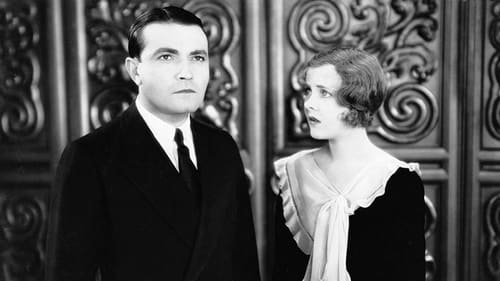
The popular Caucasian-looking son (Richard Barthelmess) of a wealthy Chinese businessman lives away from his widowed father and passes as white, but experiences prejudice, rejection, insult, and heartache when the socialite (Constance Bennett) he loves learns of his heritage.

Covering over 100 years of cinema, this is a journey of discovering and exploring the magic of cinema from a personal perspective. Looking at the changes and developments of cinema Thomas explains how film has deeply affected his life as a person and a filmmaker.

Artist Kate Blackmore looks at motherhood and mobility, film and feminism through the prism of Margaret Dodd's 1982 classic short film 'This Woman is not a Car.'

In this John Nesbitt's Passing Parade short, a look is taken at the problems of film preservation efforts in the 1930s and early 1940s.














